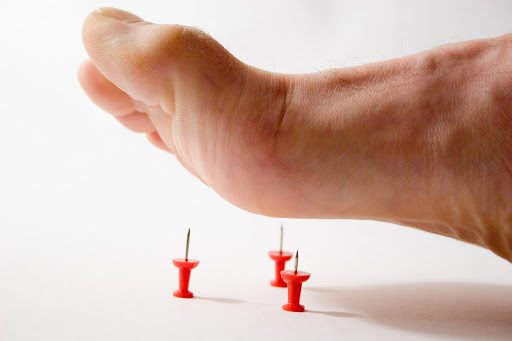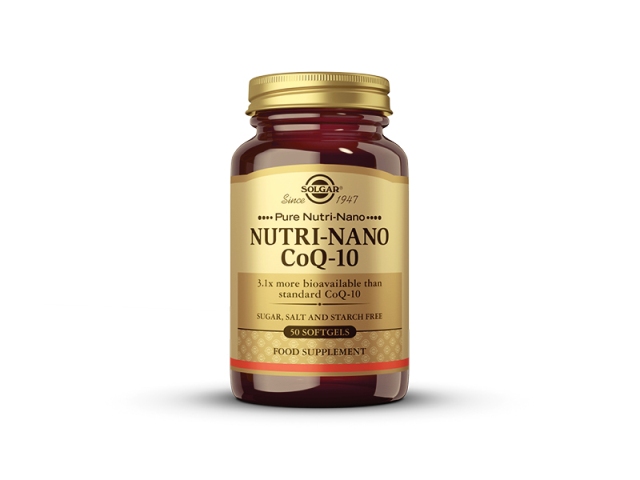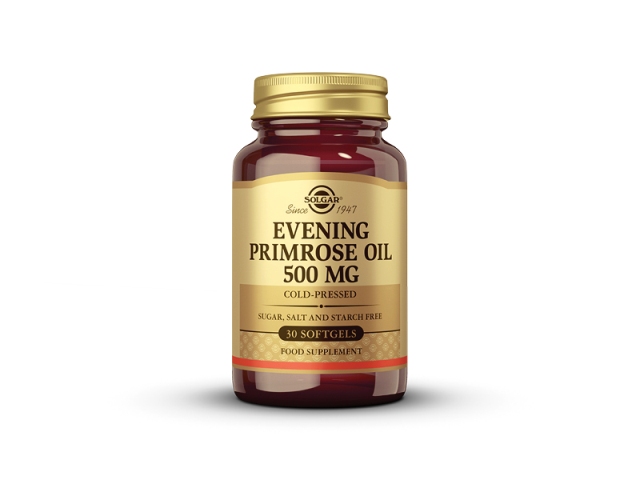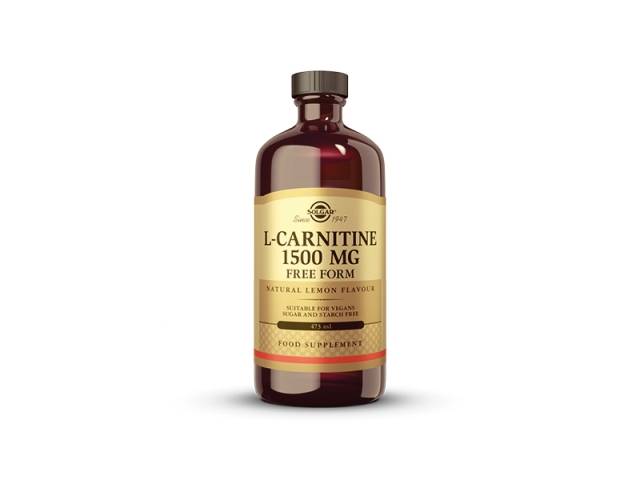Diabetic neuropathy doesn’t have to be a barrier to an active and fulfilling life. This common complication of diabetes, which affects the nervous system, can now be effectively managed through a combination of the right approach and targeted solutions. It's important to know you're not alone—millions of people worldwide are successfully managing neuropathy symptoms and living quality lives.
Encouraging news from 2024 and 2025 studies reveals the effectiveness of certain supplements in reducing symptoms and supporting nerve fiber regeneration.
Recognizing Early Signs of Neuropathy – The First Step Toward Recovery
Every early symptom you notice is valuable—it gives you the chance to take control and begin the road to recovery.
With the right approach, these symptoms can be managed effectively, greatly improving your quality of life. Here’s what to watch for:
Early signs of diabetic neuropathy:
- Mild tingling in the feet
- Occasional burning in the hands
- These symptoms may gradually progress to include leg and hand pain and loss of sensation in the fingers.

Key Steps and Action Plan:
The Importance of Recognition
Understanding these signs is an opportunity to act—not a reason to panic.
Impact on Quality of Life
Symptoms like tingling, burning, pain, or even numbness in the hands and feet can significantly reduce your quality of life. However, with proper care, they can be controlled.
Benefits of Early Treatment
The sooner treatment starts, the better the chances of limiting nerve damage and preventing further complications.
How to Stop the Progression of Diabetic Peripheral Neuropathy
- Control blood sugar – the single most important step.
- Manage other health conditions – such as high blood pressure or elevated cholesterol.
- Lose excess weight and quit smoking – to protect blood vessels.
- Exercise regularly – at least 150 minutes a week. Physical activity improves circulation and nerve health.⁶ Include walking and other moderate activities in your daily routine.
Why Acting Early Matters
If left untreated or poorly managed, diabetic neuropathy can lead to numerous complications. But with timely support, education, and proven nutritional supplements, many of these issues can be prevented or mitigated.
Major preventable risks with the right approach:
- Loss of sensation in the feet
Can lead to unnoticed injuries, but proper care and nerve-supporting supplements can reduce the risk. - Development of ulcers or wounds
Early intervention and better circulation can help maintain skin health. - Infections and delayed wound healing
Proper nutrition, blood sugar control, and antioxidant supplements can help reduce this risk. - Amputations (most often toes or feet)
Can often be prevented with regular check-ups, hygiene, and B-vitamin support for nerve protection.

Can Supplements Help?
When neuropathy disrupts daily life, supplements can offer powerful support in regenerating nerve fibers and relieving symptoms.
Latest studies (2024–2025) confirm that specifically selected supplements—like B-complex vitamins, alpha-lipoic acid, CoQ10, gamma-linolenic acid, and L-carnitine—work synergistically to reduce pain, inflammation, and promote nerve regeneration.
Though not a replacement for standard treatments, well-chosen and professionally dosed supplements are a valuable part of an integrated care plan for diabetic peripheral neuropathy.
Which Supplements Actually Work – and How?
We explored the science behind vitamins, antioxidants, and other natural substances that support your nervous system and help prevent diabetic peripheral neuropathy.
B-Complex Vitamins
Deficiencies in vitamins B1, B6, B9, and B12 can cause nerve damage and lead to peripheral neuropathy.
Lack of B6, B9, and B12 can increase homocysteine levels, which:
- Promote inflammation
- Damage blood vessels
- Worsen nerve function
People taking metformin should monitor B12 levels regularly, as this medication can cause a deficiency and increase the risk of neuropathy.
B-complex vitamins are fundamental to nerve health. A 2025 study confirms that a combination of B1, B6, and B12 has a synergistic effect in maintaining neuron viability.
Benfotiamine, a special form of B1, has shown excellent results in reducing neuropathy symptoms at 600 mg daily, or combined with B6 and B12. It works even without a B1 deficiency by protecting nerve cells and supporting metabolic functions.
For prevention and support, regular intake of B-complex supplements is recommended.

The Role of Antioxidants in Fighting Neuropathy
Alpha-lipoic acid and CoQ10 are powerful allies in managing diabetic neuropathy.
Alpha-lipoic acid reduces symptoms like pain, tingling, and numbness. A 600 mg daily dose has proven effective in several studies.
While present in some foods, therapeutic doses can only be achieved through supplements.
Coenzyme Q10 (CoQ10) shows revolutionary results. A 2024 study found that CoQ10 supports nerve regeneration in diabetic peripheral neuropathy.
Research from 2022 shows that diabetics with painful neuropathy benefit from antioxidant and anti-inflammatory supplements like CoQ10.
⚠️ Warning: CoQ10 may interact with medications such as blood pressure or blood thinning drugs. Consult your doctor before use.

Omega Fatty Acids – Natural Nerve Regeneration Support
Gamma-linolenic acid (GLA), an omega-6 fatty acid, is effective in managing diabetic neuropathy.
A 2025 study confirms that evening primrose oil offers a promising alternative with fewer side effects than traditional medications.
A daily dose of 360–480 mg GLA over a year can improve nerve function and reduce symptoms.

L-Carnitine – Energy for Nerve Fiber Recovery
Acetyl-L-carnitine (ALC) is among the most promising natural options for treating peripheral neuropathy.
A 2019 study confirmed its neuroprotective effects for various neuropathy causes.
It may reduce pain, especially at doses of 1500–3000 mg/day.
Type 2 diabetics often have lower carnitine levels, increasing the risk of nerve damage.
Research in Diabetes Care shows that ALC not only reduces symptoms but also improves nerve fiber regeneration and vibration perception.
Meta-analyses confirm that ALC offers moderate but clinically relevant pain relief with a good safety profile.
Topical Relief for Neuropathy Symptoms
Capsaicin Cream – a local treatment
Derived from chili peppers, capsaicin cream can relieve pain and burning.
However, in Croatia, the concentration of capsaicin in products is often unknown, making effectiveness uncertain.
Holistic Approach – Combine Natural Solutions with Lifestyle Changes
Managing diabetic neuropathy successfully requires a comprehensive approach—balanced nutrition, regular exercise, and targeted supplementation.
Exercise (150+ minutes/week) improves blood flow and directly supports nerve health.
Walking and moderate activity can make a major difference—see our summer tips!
Blood sugar control remains the foundation of treatment. Good glycemic control, blood pressure and lipid regulation, weight loss, and quitting smoking are essential for vascular health and slowing neuropathy.
Combining supplements with lifestyle changes delivers the best results.
Important: Always consult a pharmacist or doctor before starting any supplement to ensure safety and suitability.
Author: Helena Orehovački, MPharm
Pharmacotherapy Counseling – Zagreb Health Center
fts@dzz-centar.hr







